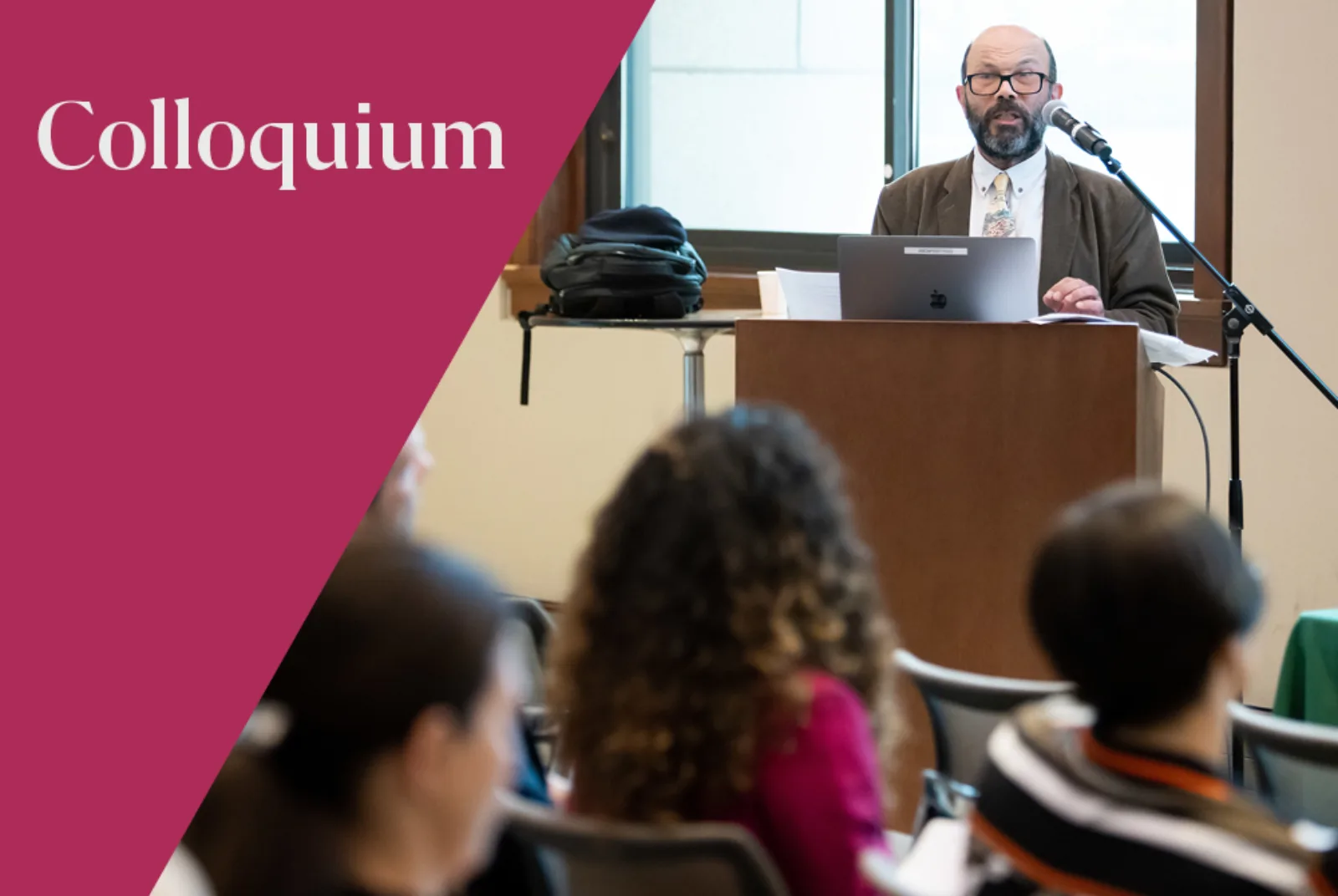Description
The word gladiator typically conjures visions of warriors in the Roman Colosseum or the bombastic recreation of classical spectacles in Ridley Scott’s pair of 21st century Hollywood blockbusters. This colloquium instead focuses on a chronological middle ground as part of a larger project around the construction of Aztec gladiators, of which I will briefly offer an overview before turning to 18th and 19th century source materials in the context of Europe and its interests. This includes not only European print cultures and the emulation of recently rediscovered classical sculptures, but also the widespread practice of and discussions around gladiator arts. These trends feel like a bit of a frenzy around gladiators during this period. Among other things I wonder how this comes to bear especially on colonial and post-colonial landscapes, as a sort of symbolic language alternatively evoking barbaric courage, idealized masculinities, and resistance to foreign plunders.
Speaker
Delia Cosentino is Professor of History of Art and Architecture at DePaul University, affiliated with Latin American and Latino Studies. She specializes in the visual culture of Greater Mexico. She is co-author of Resurrecting Tenochtitlan: Imagining the Aztec Capital in Modern Mexico City (UT Press, May 2023), with Adriana Zavala, and author of Las Joyas de Zinacantepec: Arte Colonial en el Monasterio de San Miguel (Colegio Mexiquense, 2007). Cosentino has curated exhibitions on Ceramic Trees of Life: Popular Art from Mexico (Fowler Museum, UCLA, 2003), Reverence Renewed: Colonial Andean Art from the Thoma Collection (DePaul Art Museum [DPAM], 2009), and Nexo/Nexus: Latin American Connections in the Midwest (DPAM, 2016) with Bibiana Suárez (The Art School, DePaul). Dr. Cosentino has conducted numerous research projects as a Scholar-in-Residence at the Newberry Library and has served as a co-instructor for the Newberry Library Undergraduate Seminar in 2015 and 2023.
About Colloquium
Colloquium is a weekly series of talks featuring staff, fellows, and scholars who are working with the library’s vast collections. These events bring together experts from various fields to share their research on a wide range of topics, followed by an opportunity for the audience to ask questions and engage in conversation.
Colloquium is open to the public and offers a chance to explore fascinating ideas and new discoveries. No advance registration is required.
